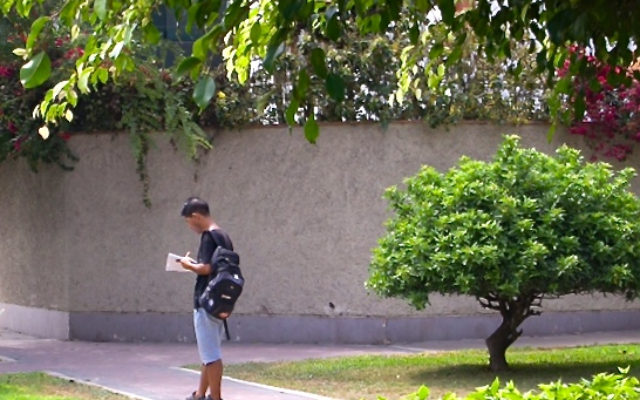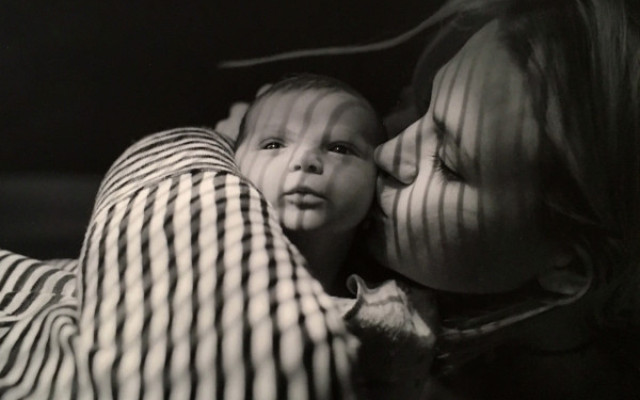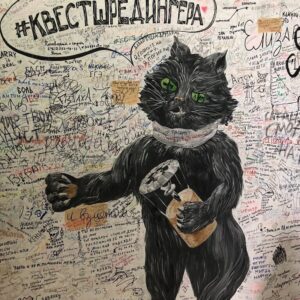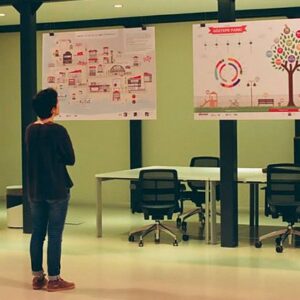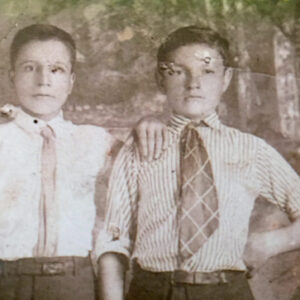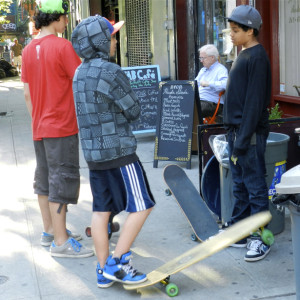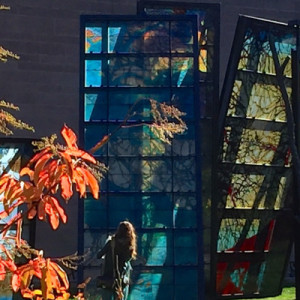Family and the First Generation College Student
The family and the first generation low-income student navigate the college experience with challenges unknown to students from upper- and middle-class backgrounds. Being the first in the family to go to college certainly opens new vistas and countless possibilities, but matriculation also can create tensions, confusion, isolation and estrangement for first gens and their families.
… the possibility of opportunity for these students is seen also to create the potential for biographical and social dislocation. — Howard B. London
Family tensions, which smolder underneath existing relationships, are all about gain and loss. As the gateway to social mobility opens with higher education, flooded with personal and professional opportunities that cannot even be imagined by a first gen’s family, the first generation student passes through often at the expense of the “familiar past, including the past self.”
The first survival skill a first generation college student needs is to construct at least two parallel identities: one for home and one for school. And these two identities may be the first two of many. What makes identity construction so confusing is that the first gen often does not realize the extent of behavior modifications taking place. Confusion often manifests itself in guilt and a feeling of not belonging — anywhere — while adding new identities to survive in new cultural and social settings.
When I look back on my own experience, survival meant constructing many more than two identities. I come from a staunchly Catholic midwestern working class family and was the first in my family to go to and complete college. And I loved entering the wonderful new world of higher education. I loved it so much that I couldn’t stop going to school, eventually achieving a PhD from an Ivy League university.
I began my college career, as do many low-income first gens, at the local university so I could live at home. Staying local made it possible to continue my roles as family caretaker and decision maker — caring for a sick mother, three younger siblings and running a household always short on cash. I excelled academically but found it necessary to supplement my scholarships and Pell grants with paying jobs. Though I was exhausted, my coexisting identities as excellent student and family enabler went unchallenged until I won competitive scholarships to study abroad.
Trying to live in two separate worlds … first generation college students may feel like outsiders at school as well as at home … —Mark P. Orbe
What’s a first gen to do? Go abroad and desert the struggling family? Or continue to take care of the struggling family at the expense of independence? The scholarships I received to study in Prague (Czech Republic) and Moscow (Russia) would be extraordinary experiences that would make a profound impact on my future. But how do you explain that to parents who don’t even know what you are doing in college in the first place and resent you for abdicating your familial responsibilities to go to some unknown part of the world? My identities were in a dialectical struggle.
To make a long story short, I did leave. I still think of that decision as deserting my family, a necessary desertion but still desertion. After I studied in Moscow, I entered the new world of the Ivy League, married an upper-middle class New York City Jew and started my career at the U.S. Department of State in Washington, DC — a life course that was (and remains) totally incomprehensible to my family. I have accrued multiple identities, which I turn on and off depending upon my social environment. But the identity I have had since I was seven years old — family caregiver — remains intact.
Identities are like onion peels. You choose different layers to survive in different settings. One younger first gen I spoke with found the onion layer analogy hilarious — he thought of Shrek and Donkey while I think of my PhD dissertation, addressing how non-Russian ethnic groups in the Soviet Union negotiated multiple identities.
First gens of both generations benefit from understanding the negotiation process. But today’s first gens have an advantage over Boomer first gens. Unlike us, they are building a community and constructing a language to talk about the challenges and opportunities of being first in the family to go to college. By coming together to raise consciousness and take action, they are contradicting certain aspects of first generation college student research findings.
It is key that college administrators and faculty members learn to listen to what first gens have to say about the stress and confusion they feel as the navigate through college. Too many first gens strive to achieve academic excellence as they simultaneously try to understand their own evolving identities and manage the changing dynamics of family relationships. True, colleges today offer support services but their impact is uncertain since the existing cultural and social frameworks of most colleges and universities are predominantly white upper- and middle-class (an important issue to be discussed in a future post).
Higher education is intensifying its focus on the first generation low-income college student. That is a positive step. Now it is time to listen to the first gens and their families to understand the anomalous challenges they face.




